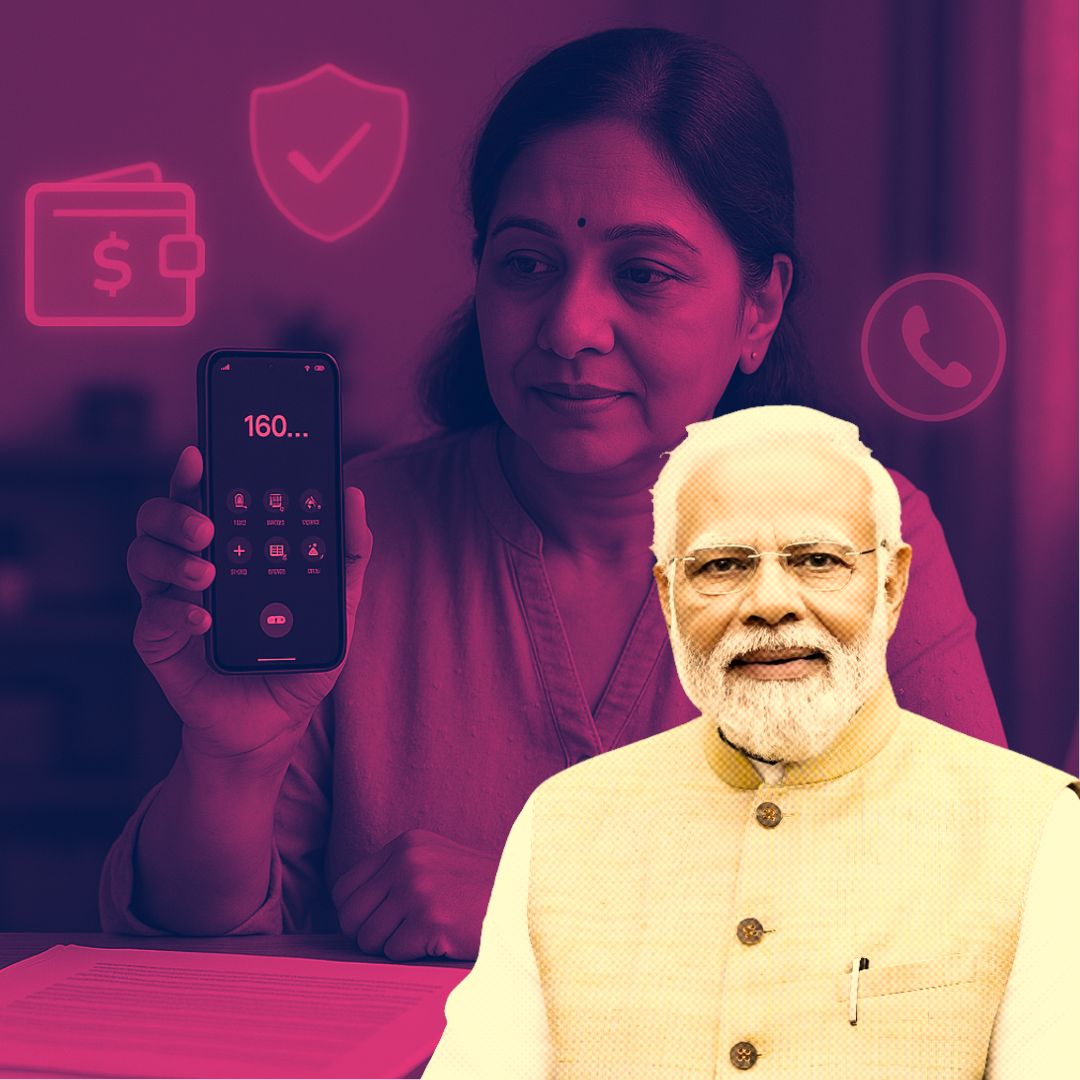In a decisive step to tackle the rising menace of online financial fraud, the Indian government, along with the Telecom Regulatory Authority of India (TRAI) and major financial regulators, has mandated the use of a new ‘160’ number series for all service and transactional calls from banks and financial institutions.
Effective from January 2025, this policy aims to help citizens easily identify genuine calls and avoid scams. The initiative, which follows a sharp increase in digital fraud cases, will be rolled out in phases, starting with regulated financial entities.
Officials say this move, coupled with stricter monitoring and public awareness campaigns, marks a significant advance in securing India’s digital economy.
A Clearer Line Between Genuine and Fraudulent Calls
The new policy requires all regulated financial entities-including banks, insurance companies, and stockbrokers-to use phone numbers starting with the ‘1600xx’ (for government and regulators) and ‘1601xx’ (for financial institutions) prefixes for service and transactional calls.
Promotional and marketing calls will continue to use the ‘140’ series. This distinction is designed to help consumers instantly recognise the nature of an incoming call and avoid falling victim to impersonation scams-a common tactic used by fraudsters. “By introducing the 160 series, we are giving citizens a simple tool to verify the authenticity of calls from financial institutions,” said a senior TRAI official.
The rollout will be closely monitored, and any misuse of the 160 series for promotional purposes will be treated as a serious violation, with penalties for non-compliance. Major telecom operators and banks have already begun preparations for the transition, and public awareness campaigns are being launched to educate citizens about the new system.
Context: Responding to a Surge in Digital Fraud
The move comes amid a surge in online scams targeting bank customers, with cybercriminals often spoofing legitimate numbers to trick people into sharing sensitive information. According to government data, India saw a record number of digital payment frauds in 2024, prompting urgent calls for reform.
In response, TRAI, the Reserve Bank of India (RBI), the Securities and Exchange Board of India (SEBI), and other regulators convened a high-level meeting in April 2025 to finalise the new policy. Alongside the 160 series, the government is also strengthening the use of the Mobile Number Revocation List (MNRL), which helps banks and telecom companies identify and block numbers linked to fraudulent activity.
The Sanchar Saathi portal and helpline 1930 have also been set up to support victims and encourage reporting of suspicious calls. These measures are part of a broader crackdown that has already seen over 7.8 lakh SIM cards and 83,000 WhatsApp accounts blocked for links to cybercrime, according to Union Minister of State for Home, Bundi Sanjay Kumar.
The Logical Indian’s Perspective
The Logical Indian applauds the government’s proactive approach to safeguarding citizens in an increasingly digital world. The introduction of the 160 number series is a practical and much-needed step to restore trust in financial communications and protect vulnerable users from sophisticated scams.
However, the success of this initiative will depend on sustained public education, robust enforcement, and continued collaboration between regulators, telecom operators, and financial institutions.
As digital transactions become the norm, it is essential that both technology and awareness evolve to outpace fraudsters. Do you feel more confident about answering calls from your bank now, or do you think further steps are needed to ensure digital safety?










